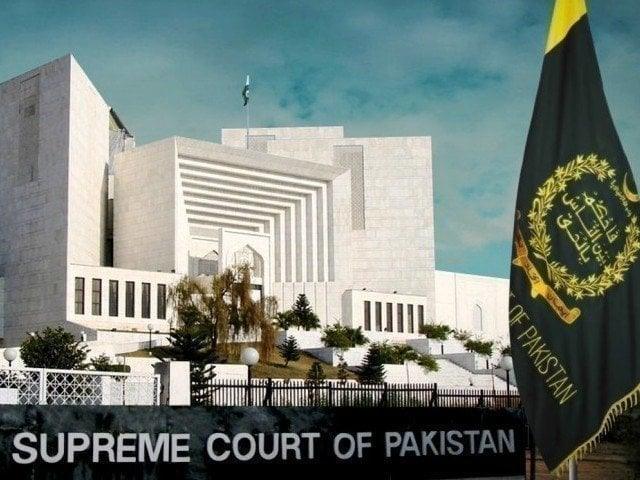Islamabad:
Judge Muhammad Ali Mazhar posed questions about the claim that the transfer of three provincial judges of the Superior Court of the Superior Court of Islamabad (IHC) was interference in part of the Executive in judicial matters, noting that each transfer was made after the approval of four different judges.
However, some members of the Constitutional Bank (CB) of the Supreme Court, the hearing of the requests filed against the transfer and subsequent change in the List of Antiquity of the judges of IHC, declared that the Executive kept the main judges, of Pakistan and the respective higher courts, in the dark about the problem of antiquity. On Monday, a CB of five members led by Judge Mazhar, heard the case of transfer of the judges.
During the hearing, Karachi Bar’s lawyer, Faisal Siddiqi, argued that the IHC was established under article 175 of the Constitution, which only refers to the provinces regarding the appointment of judges.
He said that the judges cannot be transferred to the IHC, and even if a transfer occurs, a new oath cannot be required or required when he returned to that judge to his original superior court. Judge Mazhar asked if article 200 has become ineffective after the application of article 175-A. Siddiqi replied that under the current transfer system, the powers of the Judicial Commission of Pakistan (JCP) are being undermined, which is against the spirit of the Constitution.
Siddiqi declared that antiquity develops for decades and manipulation of the night through the executive powers is an authoritarian movement.
Judge Mazhar said that the transfer process implies approval in four stages: the approval of the President of the Superior Court in question, the approval of the President of the Superior Receiver Court, the approval of the judge and the approval of the President of the Court of Justice of Pakistan.
“If any of them refuses, the transfer cannot proceed. If the process were in the hands of the Executive, it would be a different matter, but here it requires the approval of four judicial forums.”
Siddiqi told the court that the transfer was made with bad faith and that the Judiciary remained in the dark on the sensitive issue of antiquity.
Pakistan Attorney General (AGP) Mansoor Awan argued that according to article 200, the transfer of judges can be permanent or temporary. A temporary transfer is mentioned in the notification and comes with additional benefits, while a permanent transfer entitles the judge to the official residence.
Judge Shakeel Ahmed questioned whether the oath and the age of the judges must be decided by the secretary of the law. He asked if someone had sought the opinion of the Secretary of Law on the matter. “Why did the Secretary of Law include clarifications about seniority and oath in the final summary?
He commented that the need for the Secretary of Law clarifying that the transferred judges do not need to make a new oath raises concerns. The Supreme Court then postponed the hearing until today (Tuesday).




